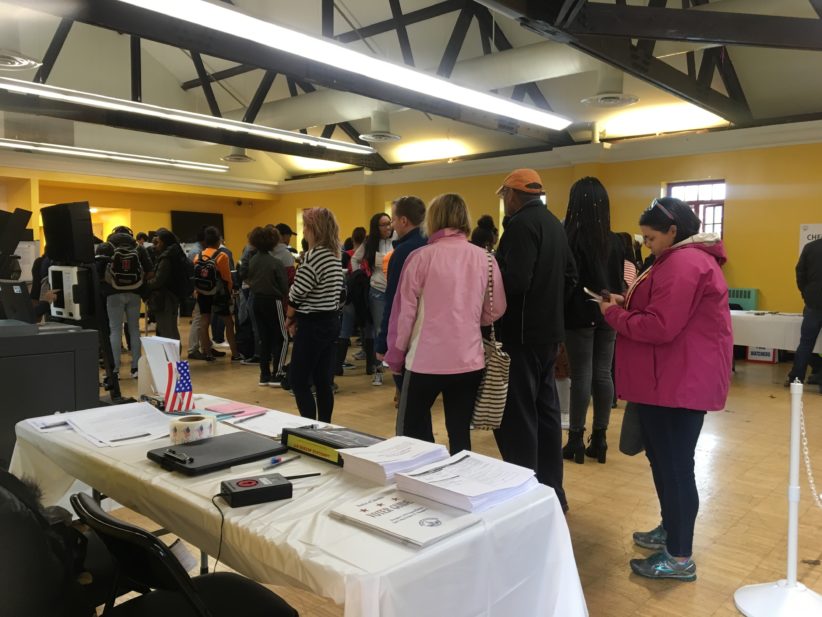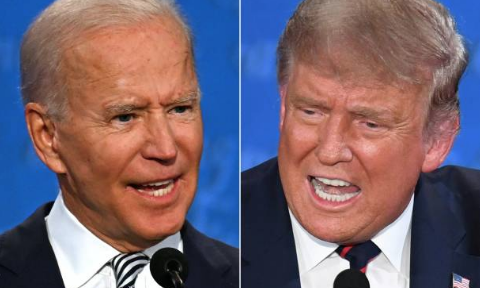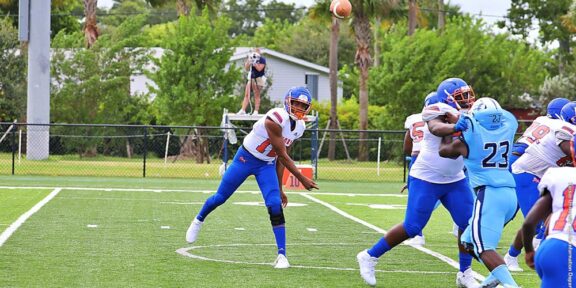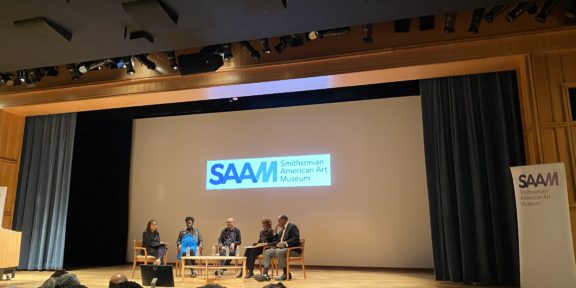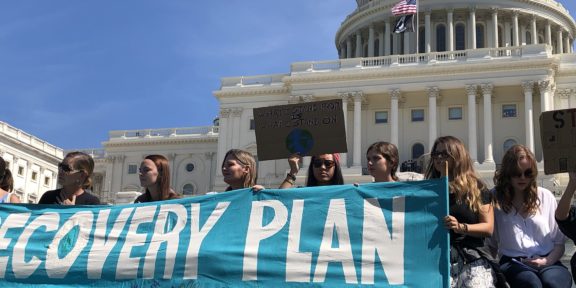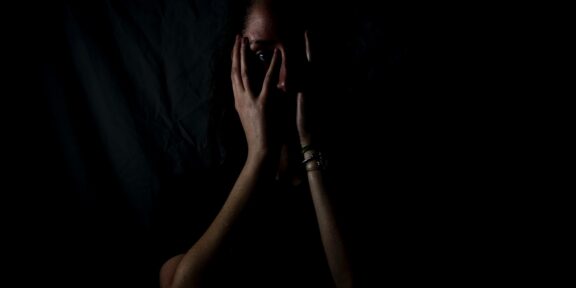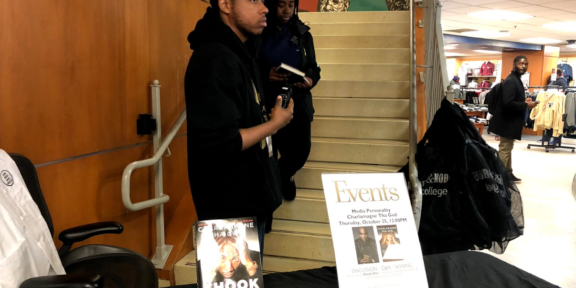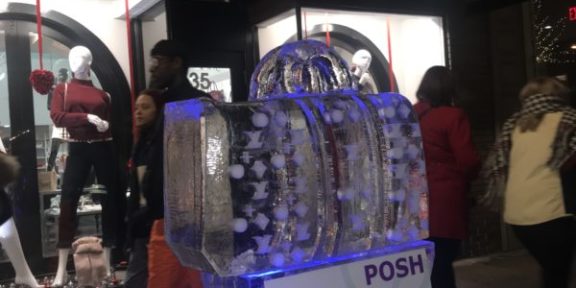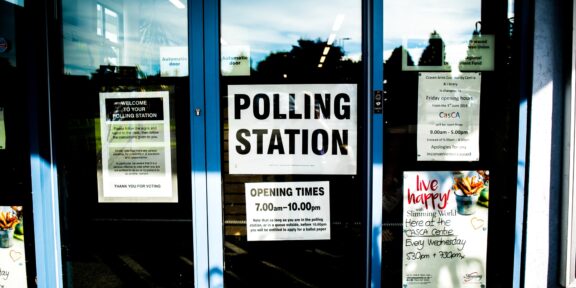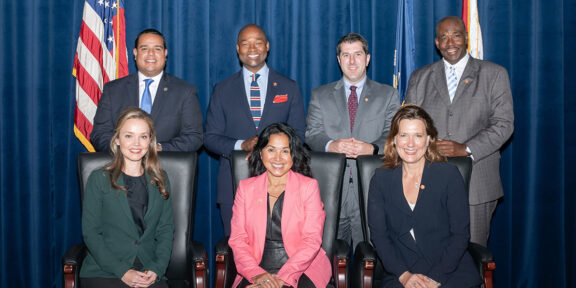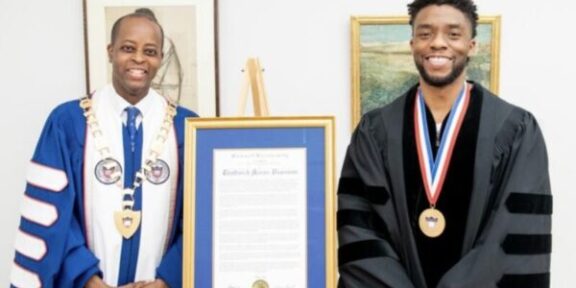Tuesday’s midterm elections ended what is described as “Jim Crow’s last stand” in Louisiana. Constitutional Amendment 2 in Louisiana abolished the 10-2 majority requirement to convict non-capital felonies, replacing it with a requirement of unanimity to convict. Nearly 70 percent of Louisiana voters agreed to end it.
Before the amendment, Louisiana and Oregon were the only two states that did not require a unanimous vote to convict a felony. However, only in Louisiana could an alleged criminal automatically face life without parole for a conviction without a unanimous verdict.
Jonathan Bridges, a Louisiana native, believes that this is one of the last remnants of Louisiana’s racist history.
“In a state like Louisiana with the history that we have, even those two jurors make such a huge difference, even in 2018. Obviously, much more work has to be done in general and pertaining to the court system. People of color statistically receive harsher punishments than white counterparts for the same crimes,” Bridges said.
Ahead of Tuesday’s elections, the amendment received an outpouring of bipartisan support. The Louisiana Legislative Black Caucus released a statement in support of the amendment. Republican representative Blake Miguez appears in an ad paid for by the Louisiana Republican Judiciary PAC, in support of the amendment. Even outside sources like George Soros and the Koch Brothers gave their financial support.
The Unanimous Jury Coalition, was created for the sole purpose of generating support for the amendment.
Norris Henderson, the coalition’s founder, spent 27 years in prison for a crime he said he did not commit. His case went to trial twice, coming back with a 10-2 verdict the first time and 11-1 the second time. Though jurors had reasonable doubt in his case, Louisiana constitutional law allowed for Henderson to be convicted.
The split-jury system was established at Louisiana’s 1898 constitutional convention. An excerpt from the official journal proceedings of the convention read, “Our mission was, in the first place, to establish the supremacy of the white race in this State to the extent to which it could be legally and constitutionally done.”
Louisiana currently has the highest wrongful conviction rate, with 40 percent of all wrongful convictions coming from split juries. The state also has the second-highest incarceration rate in the world, after being surpassed by Oklahoma earlier this year.
Lamont Carey is a convicted felon. Since his release in 2002, Carey has devoted his time to criminal justice reform.
“I applaud the Louisiana legislators who are willing to stand against a history that has destroyed countless families,” he said. “If there is ever a time to stand up and be counted, it is when an injustice can be corrected.”
Though the amendment reverses a longstanding covert injustice, voters feel that the state still has a long way to go.
Malaina Jones is a New Orleans native and student at Louisiana State University.Though she feels the amendment is important, she is not satisfied. “It means we’re starting a journey that should’ve been started many years ago. It’s the bare minimum of what needs to be done in terms of restructuring and fixing the justice system.”

